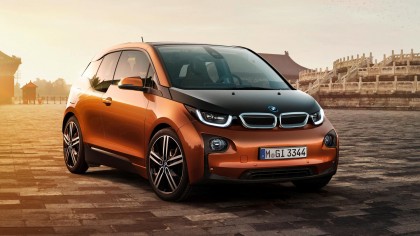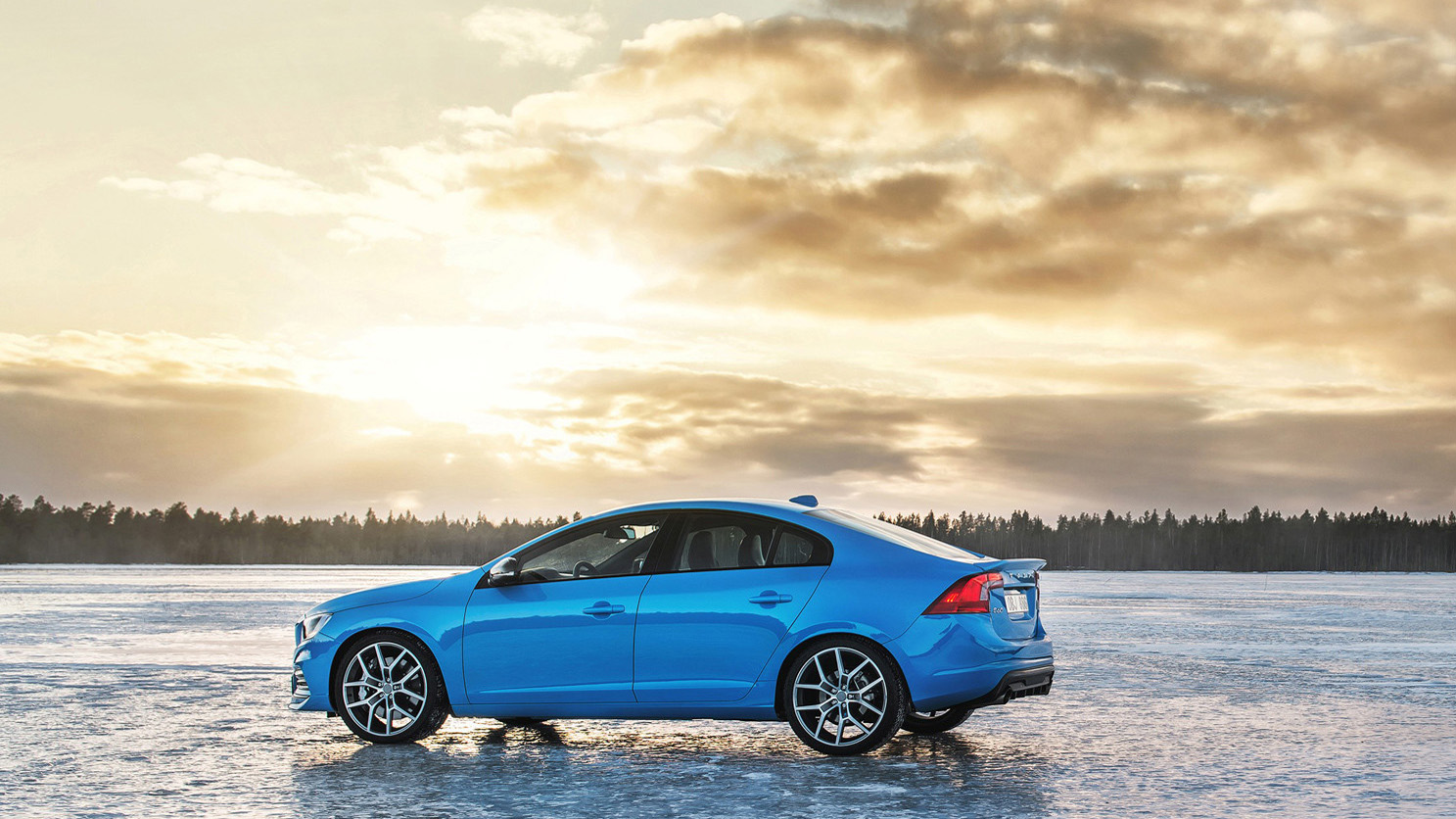what to know about owning a diesel car
Petrol and diesel car ban: everything y'all demand to know

Update: The Regime has officially published its plan for tackling roadside nitrogen dioxide concentrations, giving the states a better understanding of its plan, including timings and figures. We accept now amended this story to reflect this new information.
Original story continues below...
The UK Authorities has appear that it is planning to ban the sale of petrol and diesel vehicles by 2040. The move comes as a part of its policy to tackle the rising levels of air pollution, and the adverse upshot that this is having on the health of citizens.
Alongside the program to ban the sale of petrol and diesel cars are possible plans for Make clean Air Zones (CAZs) that would charge users to enter if their automobile doesn't meet emission standards, retrofitting public vehicles, and upgrades of road infrastructure.
According to a paper published in 2016 by the Royal Higher of Physicians, pollution causes at least xl,000 deaths per yr in the UK. The Government's estimates but the economic strain of air pollution at £27.v billion a yr.
A Regime spokesman has said: "Poor air quality is the biggest ecology risk to public health in the UK and this government is adamant to take strong action in the shortest fourth dimension possible, that is why we are providing councils with new funding to accelerate development of local plans, as office of an ambitious £3 billion programme to clean up muddy air around our roads."
The full paper was published (opens in new tab) Wednesday 26 July, with the opening statement: "We pledge to be the outset generation to exit the surroundings in a better state than we inherited information technology."
A large pledge indeed. There are a number of things that you demand to know nearly how this policy is going to affect yous, so here nosotros're going to round up the essential information.
What is being banned?
If the policy is successfully implemented, the auction of all new petrol and diesel cars will exist banned from 2040. According to the report, this is a doubling-downward on the 2011 annunciation that the Government intended "that conventional car and van sales would end by 2040, and for almost every car and van on the route to exist a zero emission vehicle by 2050".

The new policy is a push to move entirely towards ultra low emission vehicles (ULEVs). This includes hybrid vehicles, then you lot won't be able to purchase any vehicle that gains even office of its ability from a combustion engine.
This is only going to bear upon the sale of new cars, and so if y'all are all the same in possession of a petrol of diesel automobile at this phase, you will still be able to sell your car on.
What happens to my car?
Don't worry, this policy is not banning the ownership of petrol and diesel fuel cars, so if your machine that you currently own is still running past some miracle in 2040, information technology won't suddenly go illegal.
There is expected to be a targeted scrappage scheme, and then there is the possibility that you will be financially incentivised to make the switch to an electric vehicle. According to the written report, the scheme will focus on "certain groups of drivers who most demand back up (such as those on lower incomes or those living in the firsthand vicinity of a Clean Air Zone)".
It is currently unclear whether at that place will exist a point where it volition be completely illegal to bulldoze a car containing a combustion engine.
Why 2040?
When yous remember nearly the lifespan of a electric current machine, 2040 does seem quite far off. At that place is every possibility that by that engagement, the adoption of electric vehicles will already be adequately widespread and then there isn't a sudden shift.
Speaking to The Guardian (opens in new tab), Prof David Bailey, an automotive expert from Aston University said: "The timescale involved here is sufficiently long-term to be taken seriously. If enacted it would transport a very clear betoken to manufacturers and consumers of the direction of travel and may accelerate a transition to electric cars."
And then by implementing a 'cut-off', it could aid to directly the market towards the cleaner vehicles. It'due south actually a relatively conservative timeline, because that some major manufacturers have already indicated their intentions to motion towards this future before 2040. Volvo, for example, is already planning to go all-electrical as early equally 2019 (although that does include hybrid vehicles).

2040 is besides meaning every bit it's the year that France has set for the exact same policy. Norway, past contrast has set a target of 2025. Other countries that seem to be mulling the idea of a phase-out policy are India, Frg and The Netherlands.
While the ban is happening in 2040, the Government is aware that more immediate action is necessary to tackle the outcome of unsafe air. According to the newspaper:
"It is vital that action is taken in the shortest time possible to ameliorate air quality in those areas where air pollution is higher up legal limits. The authorities has previously said that relevant local regime will take upwards to xviii months to produce their plans. In order to inject additional urgency into this process, we will now require local regime to set out initial plans 8 months from at present, by the end of March 2018."
Going electric
If you lot're thinking that there aren't currently enough charging stations for all the new electric cars that are going to be on the route, the Government is planning on investing £100 million into the Uk'due south charging infrastructure, and so await to see more of the charging stations popping up.
The Automatic and Electric Vehicles bill will enable the government to "require the installation of charge points for electric vehicles at motorway service areas and large fuel retailers, and to make information technology even easier to use electrical vehicle chargepoints beyond the UK".

Information technology is yet worth noting that research conducted by the RAC Foundation (opens in new tab) suggests that the boilerplate car journeying length in the UK is between 7 and 12 miles, which is well within the range of nearly electric vehicles.
In that location is also funding going into retrofitting former vehicles like busses and other public transport, forth with schemes to ameliorate road layouts, and reprogramming traffic lights to reduce traffic, and, therefore, emissions.
Penalties for owning a not-electrical auto
While the authorities is currently incentivising (opens in new tab) people into buying an electric motorcar, as the tide turns and more people have electric cars, there is the possibility of charging those that are not adhering to the change.
There have been calls for areas that are most at run a risk like big cities to take zones that you have to pay a charge to enter. In that location is already a policy existence introduced in London, chosen the T-charge (opens in new tab), that means vehicles take to see a minimum emission standard to bulldoze within a set area, or else pay a £10 emission surcharge.
While it would make sense to extend this to more areas, the Government seems nifty to avoid introducing a policy that taxes users. According to The Guardian, "Sources insisted that while the idea of charges were on the table, there was no plan to force councils to introduce them, and that other measures would be exhausted outset."
As nosotros hear more nigh this policy and what it volition hateful for car owners, we'll let you know.
Where the money is going
- £1 billion - ultra low emission vehicles. This includes investing nearly £100 million in the UK's charging infrastructure
- £290 million - National Productivity Investment Fund. Includes £threescore million for new buses, £twoscore one thousand thousand for double-decker retrofits, and £l one thousand thousand for a Plug In Taxi programme.
- £11 million - Air Quality Grant. A grant for local government to meliorate air quality.
- £89 meg - Green Motorbus Fund. A fund to "assistance double-decker companies and local authorities in England to put over 1,200 new depression carbon buses on the route"
- £1.ii billion - Cycling and walking. According to the Cycling and Walking Investment Strategy published in April 2017, the Governemnt estimates £1.2 billion may be spent on cycling and walking from 2016-2021.
- £100 1000000 - National road network. "Through the Route Investment Strategy, the UK government has allocated a ring-fenced £100 million for an Air Quality Fund available through to 2021 for Highways England to help improve air quality on its network."
- Want to learn more about the movement to electric vehicles? Bank check out: Volvo tries to outdo Tesla by revealing its cars will be 'all electric' by 2019
Source: https://www.techradar.com/uk/news/petrol-and-diesel-car-ban-uk-2040-everything-you-need-to-know
0 Response to "what to know about owning a diesel car"
Publicar un comentario